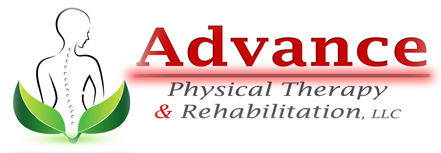
Carpal Tunnel Syndrome
What is carpal tunnel syndrome?
Carpal tunnel syndrome is a condition that is typified by tingling or numbness in your arm or hand. The thumb, index, middle, and ring fingers are most commonly affected by this condition, and the sensations associated with carpal tunnel syndrome may progress past your wrist and into your arm. The symptoms of carpal tunnel syndrome can usually be alleviated temporarily by shaking the affected arm or hand, but this condition can progress from tingling and numbness to weakness or the inability to raise your arm if it is not treated effectively.
What causes carpal tunnel syndrome?
This condition occurs when the median nerve is pinched. This nerve supplies signals to your hand and fingers, and it can become compressed for a number of reasons. Using a computer in your line of work is an activity that is commonly associated with the development of carpal tunnel syndrome, but there is a paucity of scientific evidence to support this cause. However, wrist fractures, anatomic factors such as small carpal tunnels, and osteoarthritis can all contribute to the development of this condition. In addition, kidney disorders, diabetes and thyroid conditions can also cause carpal tunnel syndrome.
How is carpal tunnel syndrome diagnosed?
In the course of a physical examination, your doctor will review your symptoms. Carpal tunnel syndrome presents a unique set of symptoms, which means that this condition can usually be diagnosed without any further diagnostic tools. However, your doctor may order imaging tests to rule out the possibility that other conditions may be causing your symptoms.
How is carpal tunnel syndrome treated?
Nonsurgical techniques, such as wrist splints and corticosteroids, may be employed to treat your carpal tunnel syndrome. In addition, physical therapy has shown promise for this condition. Advance Physical Therapy& Rehabilitation, our main goal is the reduce pain and improve the ability to use your hand for functional activities. Our therapists successfully treat carpel tunnel with paraffin baths, Graston Technique, ultrasound, electrical stimulation, stretching, strengthening exercises and patient education.


